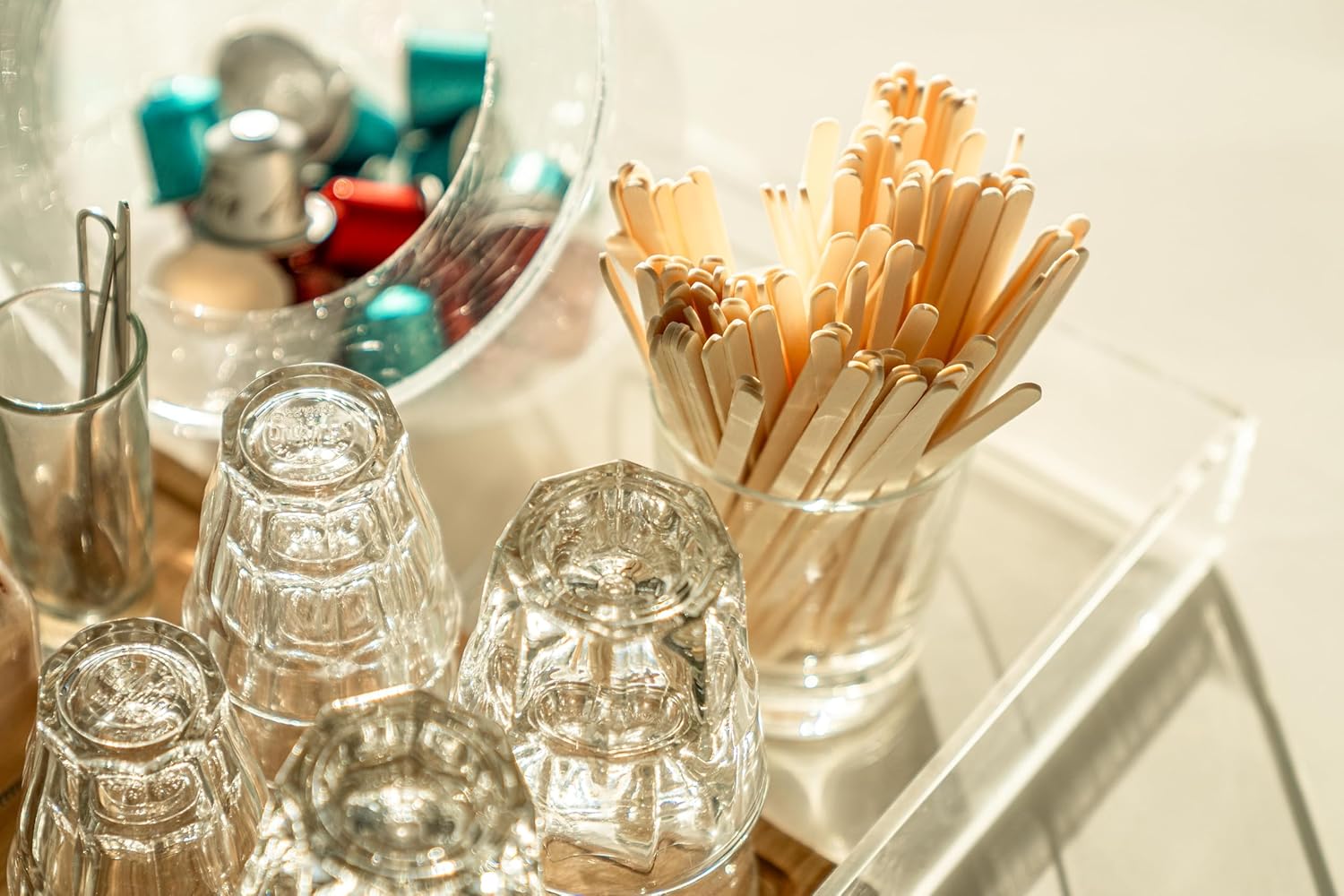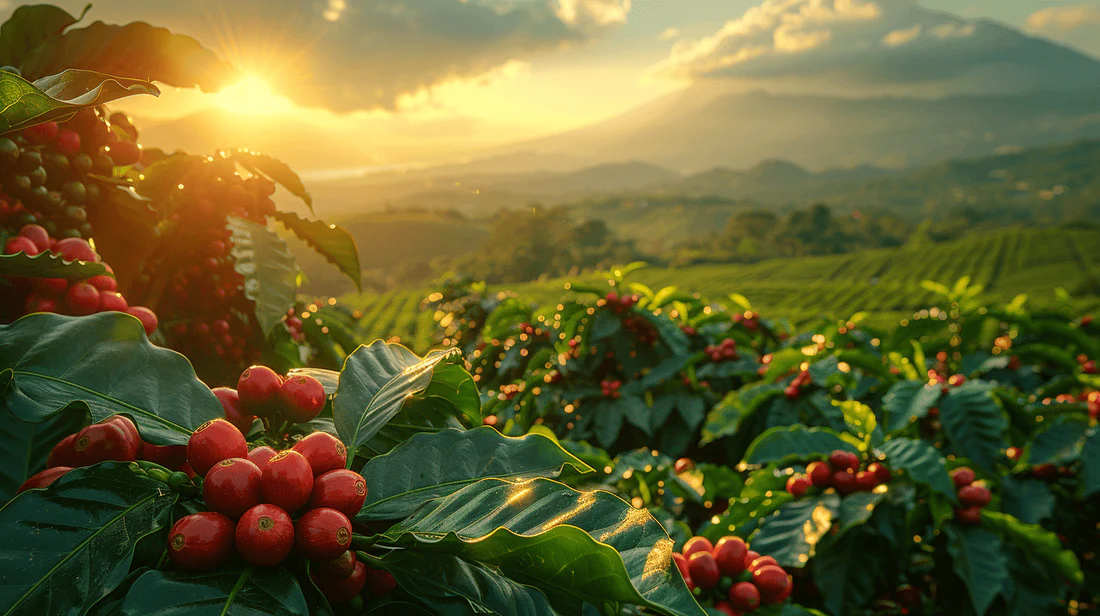The Challenges of the Coffee Industry: A Closer Look
Coffee is one of the most beloved beverages in the world, enjoyed by millions daily. However, behind every cup lies a complex supply chain fraught with significant challenges. From environmental concerns to social issues, the coffee industry faces mounting pressure to address its impact on the planet and the people who cultivate it. Below, we delve into the key challenges threatening the sustainability of the coffee industry:
1. Climate Change: A Brewing Crisis
Coffee plants, particularly Arabica, are highly sensitive to climate change. Rising global temperatures, unpredictable rainfall patterns, and extreme weather events are making coffee cultivation increasingly difficult.
- Shrinking Growing Regions: Research suggests that by 2050, up to 50% of the land suitable for coffee cultivation could be lost due to climate change.
- Increased Pests and Diseases: Warmer temperatures have led to the spread of pests like the coffee berry borer and diseases such as coffee leaf rust, which devastate crops.
- Impact on Farmers: Smallholder farmers, who produce the majority of the world’s coffee, are particularly vulnerable. Many lack the resources to adapt to these rapid changes, threatening their livelihoods and the global coffee supply.
2. Deforestation: A Hidden Cost of Coffee
Coffee production, especially on a large scale, is a leading driver of deforestation in many tropical regions. To make room for coffee plantations, vast areas of forest are cleared, resulting in significant environmental consequences.
- Loss of Biodiversity: Forests are home to countless plant and animal species. When these areas are cleared for coffee cultivation, ecosystems are disrupted, leading to a loss of biodiversity.
- Soil Degradation: The removal of trees and vegetation leaves soil exposed to erosion, reducing its fertility and long-term viability for farming.
- Carbon Emissions: Deforestation releases massive amounts of stored carbon dioxide into the atmosphere, exacerbating climate change.
3. Poor Labor Conditions: The Human Cost of Coffee
While coffee is a multi-billion-dollar industry, the people who grow and harvest coffee beans often live in poverty. Many farmers and laborers work under exploitative conditions with little to no financial security.
- Low Wages: Coffee farmers frequently receive only a small fraction of the price consumers pay for coffee. This makes it difficult for them to cover basic needs, let alone invest in better farming practices.
- Child Labor: In some regions, children are employed on coffee farms due to a lack of labor regulations and economic pressures.
- Health and Safety: Workers are often exposed to harsh conditions without proper equipment or protections, resulting in long-term health issues.
The lack of fair wages and adequate working conditions highlights the inequities within the coffee supply chain.
4. Use of Chemicals: A Threat to Health and the Environment
Chemical fertilizers, pesticides, and herbicides are widely used in conventional coffee farming to maximize yields. While these chemicals boost short-term productivity, their long-term effects are deeply concerning.
- Environmental Pollution: Runoff from coffee farms often carries harmful chemicals into rivers and lakes, contaminating water sources and harming aquatic life.
- Soil Health: Overuse of synthetic fertilizers can degrade soil quality over time, reducing its capacity to sustain crops.
- Impact on Farmers: Many farmers and workers are exposed to toxic chemicals without proper safety measures, leading to serious health problems.
The reliance on chemical-intensive farming practices underscores the need for more sustainable and eco-friendly approaches.
Conclusion: A Call for Change
The challenges facing the coffee industry are deeply interconnected and require urgent action from all stakeholders—producers, companies, governments, and consumers. Addressing these issues means investing in sustainable farming practices, protecting forests, ensuring fair wages, and reducing the industry’s reliance on harmful chemicals.
For consumers, every cup of coffee is an opportunity to support ethical and sustainable choices. By choosing certified coffees (like Fair Trade or Rainforest Alliance), we can help foster a coffee industry that values the environment and the people who make our daily brew possible.
The path forward is not easy, but with collective effort, the coffee industry can evolve into a model of sustainability and equity—ensuring that future generations can continue to enjoy this cherished beverage.




